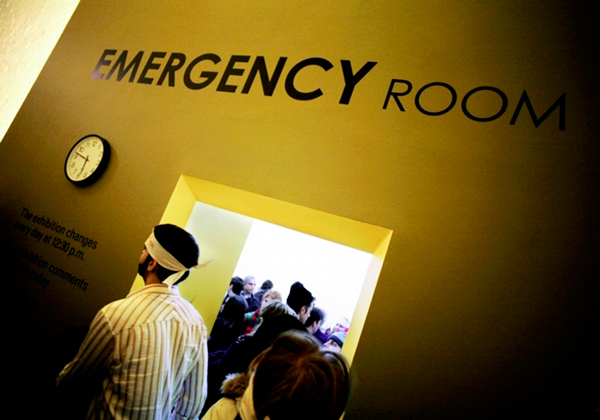- La Feria Community Holds Succesful Business Mixer Event
- Little Nashville to Take Place in Downtown Mercedes
- Lions Basketball Captures District Gold
- La Feria ISD Students Compete in Regional Chess Tournament
- Lions End First Half of 32-4A on a High Note
- La Feria ISD Held Another Successful Parent Conference
- Strong Appearance for Lions at Hidalgo Power Meet
- LFECHS Students Get to Meet Local Actress
- Students Participate in Marine Biology Camp
- Two LFECHS Students Qualify for All-State Band
Report: Hospitals Overcharging Up to 1,000 Percent
- Updated: June 19, 2015
by Eric Galatas/TNS
AUSTIN, Texas – If you’re going to break a leg, try not to do it in Mesquite.
You might end up in the ER at the Dallas Regional Medical Center, one of 50 hospitals listed with the highest price markups over actual costs in a new study published in Health Affairs.
Ge Bai, the report’s co-author and an assistant professor of accounting at Washington and Lee University, says some hospitals are marking up prices by more than 1,000 percent for the same medical services.
“The hospitals are playing a price-gouging game, and this price gouging will trickle down to all consumers, whether you have insurance or not,” she stresses.
The study found hospitals are charging out-of-network patients and the uninsured, as well as auto and workers’ compensation insurers, more than 10 times the costs allowed by Medicare.

A new report identifies 50 U.S. hospitals, including four in Texas, with price markups approximately 10 times their Medicare-allowable costs. Photo: Thierry Geoffroy/Wikimedia Commons.
Top offenders in Texas include Grand Prairie’s Texas General Hospital, the Laredo Medical Center, the South Texas Health System in Edinburg, and Lake Granbury Medical Center.
The report concludes the current pricing system charges the highest rates to the most vulnerable patients.
Bai says since there is no regulation of hospital fees and no market forces to compel hospitals to lower costs, they charge high prices simply because they can.
She states people can’t bargain or comparative shop when they are sick.
“So there’s a big loophole in our hospital pricing system, and our policy makers need to understand that and step in using their policy tools to help regulate hospital pricing and control overall health care spending,” she states.
Bai says charges are unlikely to drop to levels closer to costs allowed by Medicare unless state or federal officials decide to legislate maximum markups.
The report also found that while for-profit hospitals represent only 30 percent of all hospitals in the U.S., they account for 98 percent of hospitals with the highest markups.


